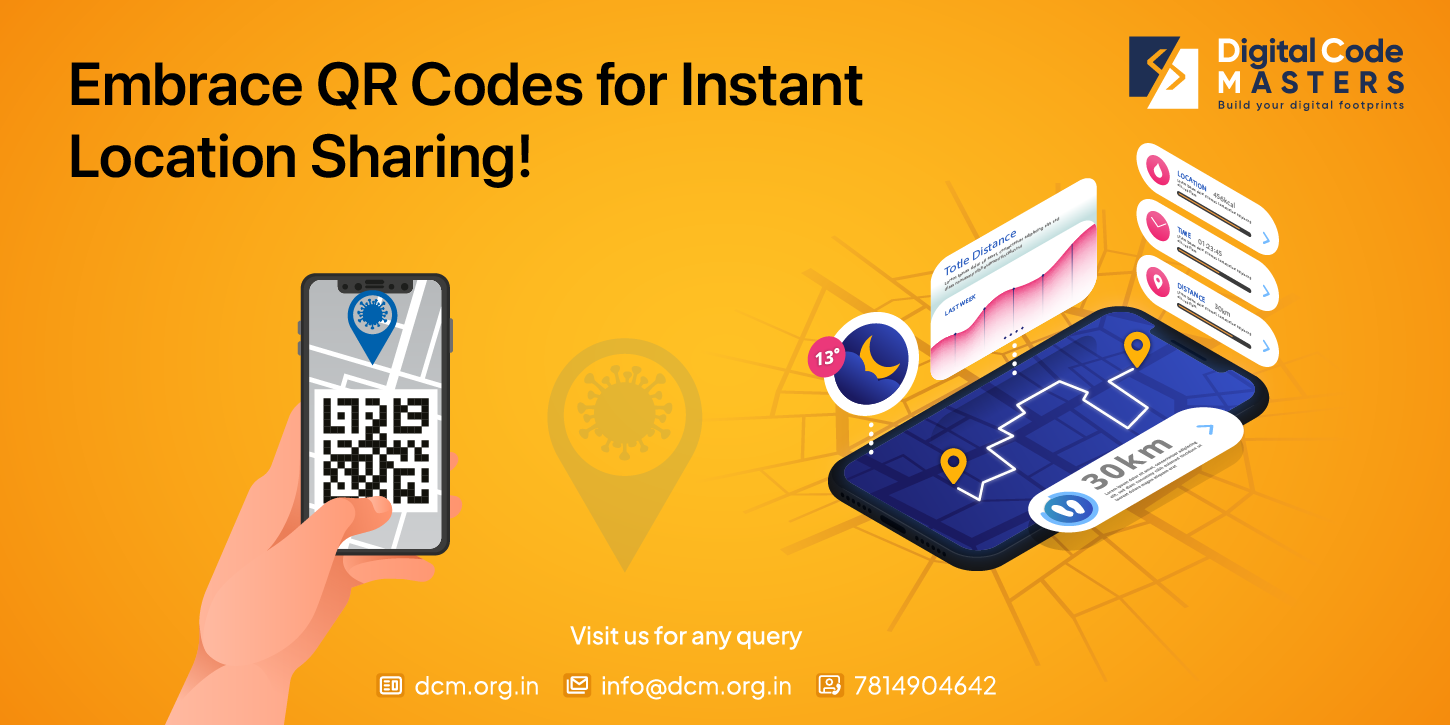
In a landmark move, Brazil has recently introduced its blockchain-based digital identification system, revolutionizing the way identity verification is conducted in the country. This cutting-edge technology aims to provide the citizens with a secure and efficient way to prove their identity, eliminating the need for cumbersome paperwork and reducing the risk of identity theft and fraud.
The digital ID, known as ‘BrID,’ is built on a decentralized blockchain network, ensuring the highest level of security and transparency. It allows individuals to store and manage their personal information, such as their name, date of birth, address, and even biometric data, in a tamper-proof and encrypted format.
One of the key advantages of BrID is its interoperability, as it can be seamlessly integrated with various government and private sector services. This means that citizens can use their digital ID to access a range of services, including healthcare, banking, education, and even voting.
With BrID, the traditional process of identity verification, which often involves presenting physical documents and waiting in long queues, becomes a thing of the past. Now, individuals can simply authenticate their identity using their smartphone or computer, saving time and effort.
Moreover, BrID enhances privacy by allowing individuals to control the release of their personal information. They can choose to share only the relevant details required for a specific transaction, keeping the rest of their data confidential. This puts the power back in the hands of the citizens, giving them greater control over their personal information.
The implementation of BrID is a significant step towards digital transformation in Brazil. It not only streamlines administrative processes but also fosters inclusion and accessibility. With a digital ID, individuals who previously faced difficulties proving their identity, such as those living in remote areas or without official documents, can now participate fully in society and access essential services.
Furthermore, the introduction of blockchain technology ensures the integrity and security of the digital ID system. Unlike traditional databases, which are vulnerable to hacking and data breaches, the decentralized nature of blockchain makes it virtually impossible for malicious actors to tamper with or manipulate the stored information.
Brazil’s move towards a blockchain-based digital ID system sets a precedent for other countries to follow. It showcases the immense potential of this technology in revolutionizing identity verification and transforming governance.
As the digital world continues to evolve, the need for secure and efficient identity verification becomes increasingly crucial. With blockchain-based digital IDs, governments can ensure the integrity of their systems while providing their citizens with a convenient and reliable means of proving their identity. This not only enhances trust and security but also paves the way for a more inclusive and digitally-driven society.




